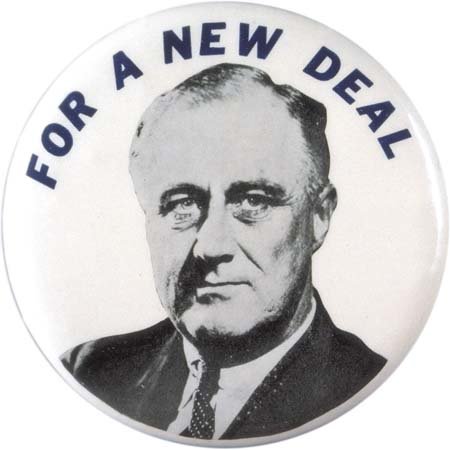
“The main lesson we have learned from the New Deal is that wholesale government intervention can–and does–deliver the most unintended of consequences. This was true in the 1930s, when artificially high wages and prices kept us depressed for more than a decade, it was true in the 1970s when price controls were used to combat inflation but just produced shortages. It is true today, when poorly designed regulation produced a banking system that took on too much risk.” (Harold L. Cole, economist at the University of Pennsylvania)
Yes, it’s amazing how government doesn’t ever get the blame for what it does, only for what it doesn’t do. This is why conservatives rushed to the biggest government bailout in world history last fall. They were afraid of being seen as “not doing something” and therefore would lose big to the liberals in the election. (Gee, it really worked out for them, didn’t it?) Nobody in office wants to be seen as not intervening in the economy, because it’s widely assumed that the only harm that can come to the economy is from a government that does “too little.” Yet if you look at the areas of the economy where government interferes the least–technology, all of our gadgets–you end up with maximum affordability and innovation. If you look at the areas of the economy where government interferes the most–health care, education, and, yes, the banking and mortgage industry in recent decades–you see (at best) boom and bust and (at worst) disaster.
I don’t know what it will take to convince people that the government which governs least governs best. If this idea couldn’t take hold in America, I don’t know where and when it will.
